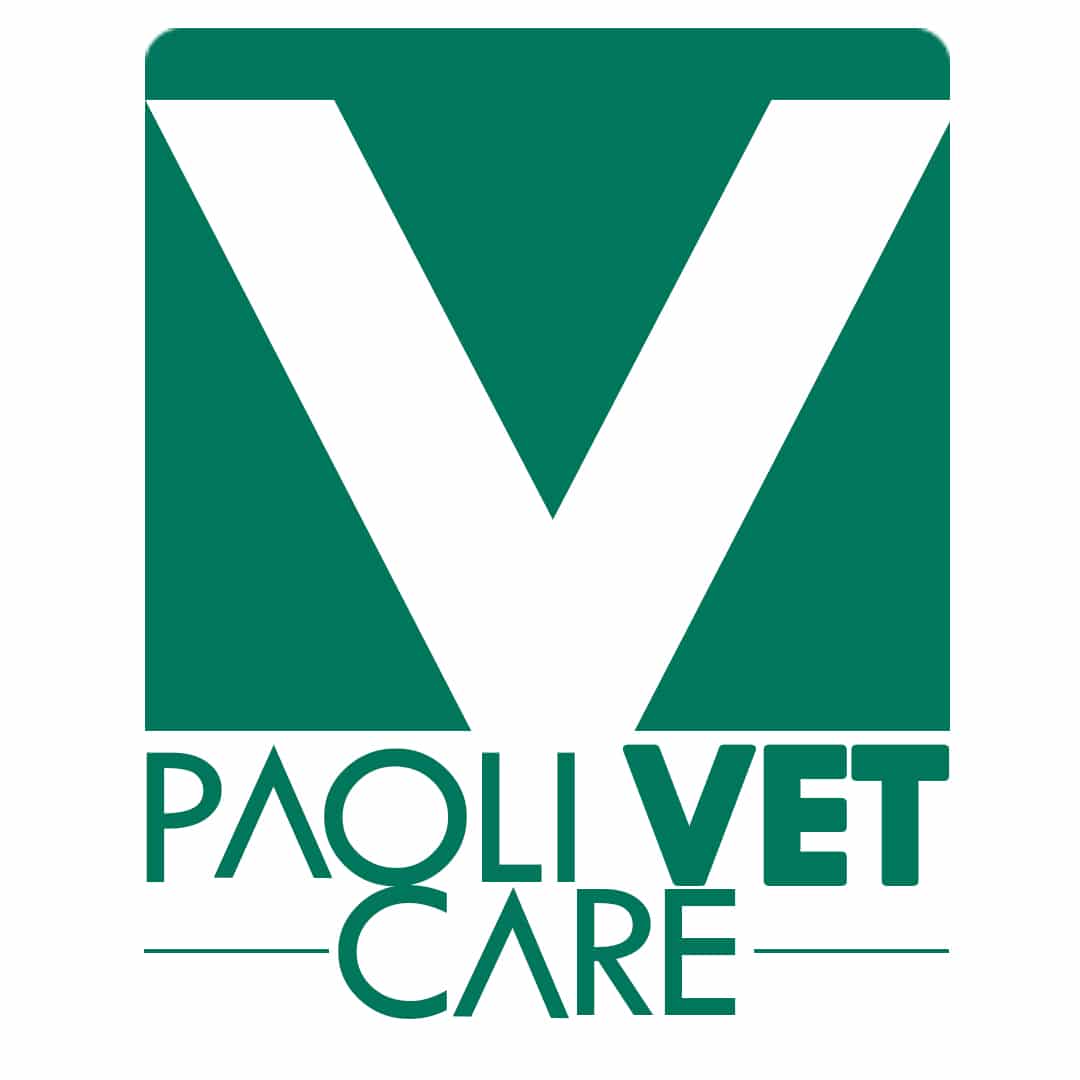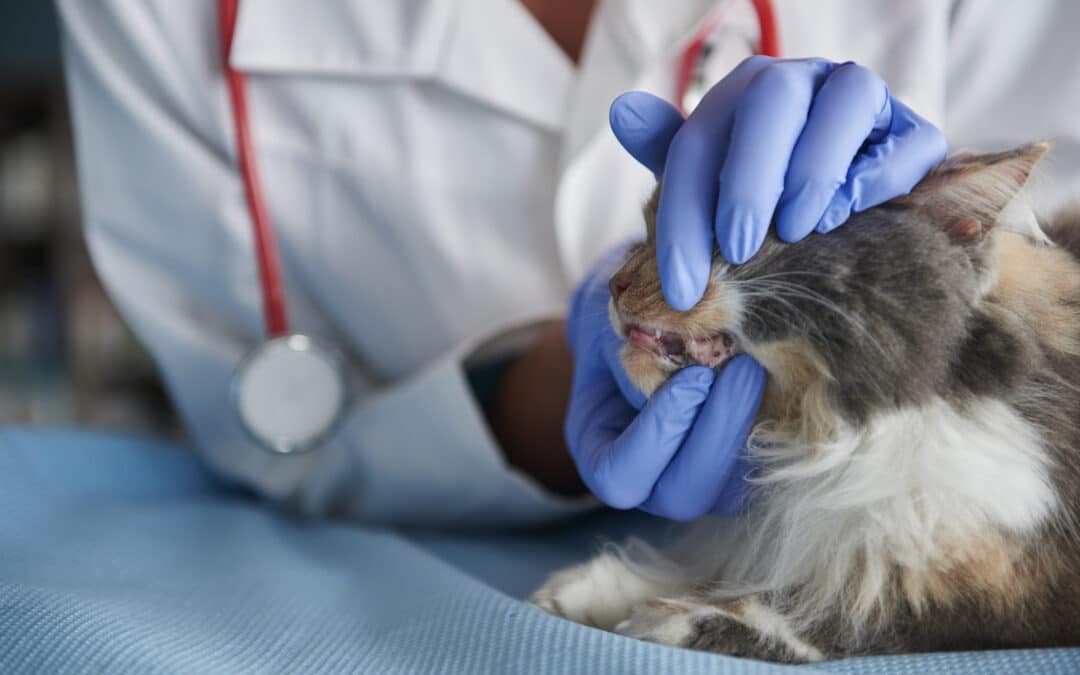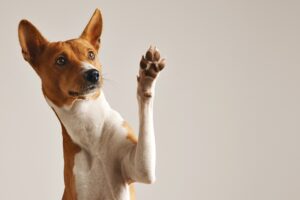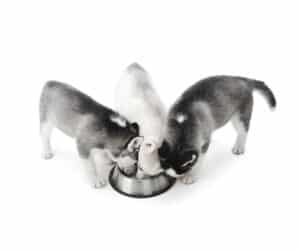Is your cat drooling? Some drooling can be completely normal—like humans, cats do it as a response to being relaxed and happy. Excessive drooling or a sudden change in habits can be a sign of an underlying health problem. Your cat might be experiencing mouth pain, dental disease, nausea, or poisoning.
If my cat is drooling, what should I do? As with any pet concern, it’s a good idea to take your cat to the vet and have it checked out. Your local veterinarian can tell you what is normal or abnormal and discuss drooling habits and behaviors.
When is it a good idea to take my cat to the vet? What is normal drooling versus abnormal drooling? How do I know to look for other underlying health problems in my cat? We examine these questions and more below.
What Signs To Look for in Hypersalivation in Cats
Table of Contents
Signs of cat drooling are associated with the mouth, but can be caused by underlying issues. Before taking your cat to the veterinarian you should note these secondary signs, as they will make identifying the problem easier. Mild drooling during relaxation or while purring can be normal, but excessive, persistent drooling is a concern.
Cat hypersalivation signs to look out for:
- Excessive, hours-long drooling (hypersalivation)
- Bad breath
- Labored breathing
- Blood in saliva
- Swelling around the mouth
- Vomiting
- Refusal to eat or drink
- Weakness & lethargy
- Swollen lymph nodes
Normal Causes of Cat Drooling
Positive experiences (e.g., purring and kneading)
We all love a happy cat. When cats are happy, they will purr, knead, ask for pets, or seek out playtime. They might drool a little when they’re relaxed, such as when they are cuddling or being held. When their salivary glands are stimulated, kneading can lead to excess drooling, because these behaviors remind them of being a kitten.
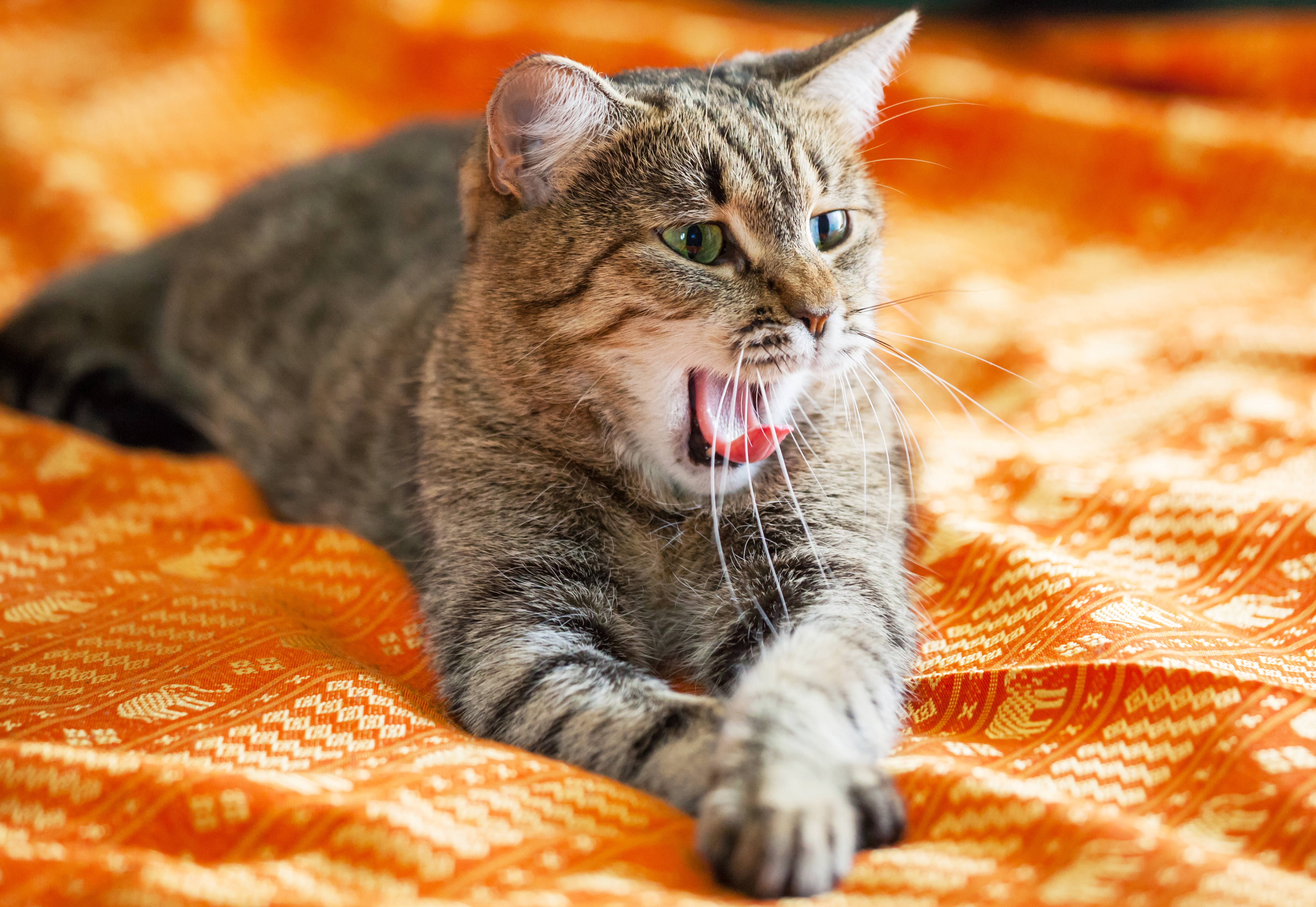
Response to Tasty Food or Medication
Cats, like most animals, may drool in anticipation of enjoying a meal. This reflex is natural, just like how humans salivate when they smell or think about appetizing food. This sign of drool is healthy, and showcases both appetite and pleasure.
Medications can induce drooling as a side effect. This should be temporary and will subside once the medication has been fully ingested. If the side effects don’t wear off you should contact your veterinarian.
Common medications that can cause your cat to drool include:
- Bitter medications
- Sedatives
- Anti-inflammatory drugs
- Deworming drugs and treatments
When Drooling is a Cause for Concern
Dental issues
Many oral and dental issues can cause hypersalivation in cats. Tartar buildup can cause painful inflammation such as gingivitis, mouth ulcers, and lymph node swelling. Loose teeth can make it difficult for your cat to swallow, leading to other health issues.
You may notice similar issues if your cat has mouth cancer. Early stages of feline mouth cancer can be difficult to differentiate from dental diseases; these signs will be noticed by your cat’s veterinarian during their regular veterinary checkups.
You will notice that excess drooling from oral disease is accompanied by foul odors, decreased appetite, bloody saliva, and excess cleaning/pawing at the face. Typically cats will need anesthesia for your veterinarian to get an effective diagnosis.
Foreign objects in the mouth
Your veterinarian will want to take a biopsy, and treat your cat in case there is foreign material stuck in their teeth or other causes of drooling. They might need a teeth cleaning or other type of dental treatment from their vet.
Motion sickness
If your cat is drooling during a car ride it could be a sign that they are experiencing motion sickness. Nausea can cause drooling, which leads to decreased appetite and vomiting. Cats can also get nauseous if they are having gastrointestinal issues.
Heatstroke
Heatstroke should be taken very seriously. It’s an emergency and you should take your cat to the vet as soon as possible. A cat left in any overheated environment, such as a hot car or home, can get heatstroke. A cat experiencing heatstroke will breath heavy, pant, and/or drool.
Toxins
Household plants, cleaning agents, and human medications are toxic to cats and can lead to cat hypersalivation. These toxic ingredients can irritate your cat’s mouth or esophagus, cause nausea and intestinal upsets, or simply produce excess saliva through the nervous system.
Household items toxic to cats include:
- Chocolate
- Cleaning products
- Lillies
- Grapes
- Antifreeze
- Garlic
- Onions
- Medications
If you believe your cat has ingested a toxin, call the Pet Poison Helpline at 855-764-7661 immediately.
Rabies
Rabies is rare in adult vaccinated cats, but a sign of rabies is excessive drooling. There will also be other nervous system abnormalities and behavior changes to accompany rabies. Signs of rabies include sudden and severe behavioral changes and unexplained paralysis that worsens over time, sudden loss of appetite, new signs of apprehension/nervousness, irritability, and hyperexcitability.
If you believe your cat has rabies and your veterinarian sees the clinical signs, they might recommend quarantine. Rabies is serious, but the only way to properly diagnose it is through posthumous samples. Rabies can spread to other animals, including humans.
Frequently Asked Questions
Is excessive drooling in cats an emergency?
If your cat is drooling and displaying additional symptoms including vomiting, loss of appetite, lethargy, or anything else discussed above, take them to the veterinarian right away. These signs could be indicators of severe issues that require immediate medical attention.
Why is my cat drooling foam?
Exposure to toxic or foul-tasting substances can cause your cat to foam at the mouth. If your cat is taking oral medications, they might drool excessively or foam at the mouth as a response. Dental diseases, oral trauma, and mouth tumors can all cause drooling/foaming, as well as halitosis and other issues.
Drooling caused by medications is often temporary and non-threatening but should be monitored if persistent.
What does it mean if my cat has thick drool?
Dental problems are the number one reason for thick or excess drool in cats. Dental issues can include tooth decay, gum disease, an abscess, mouth cancer, or oral tumor. These issues cause pain and inflammation for your cat, leading to excess and thick drool.
When in Doubt, See a Veterinarian for Your Cat’s Drooling
Hypersalivation in cats can be caused by dental issues, foreign objects, motion sickness, toxins, even rabies, and heatstroke. If you notice that your cat is drooling excessively, it’s important to seek veterinary care, especially if you suspect there is an underlying issue. Regular dental checkups and preventive care greatly help minimize drooling caused by dental disease.
Reach out to Paoli VetCare with any questions or concerns about cat hypersalivation. As your cat’s owner, you have a pretty good idea of what behaviors are normal or abnormal. Monitoring your cat’s behavior, taking them in for regular dental checkups, and using preventative dental care can all help your cat live a healthy and normal life. At Paoli VetCare we want your cat to avoid discomfort and health issues, so contact us today!
